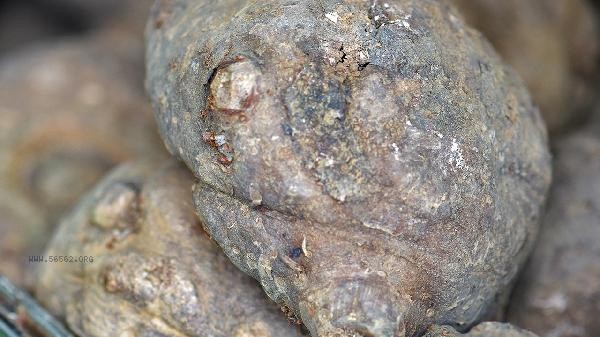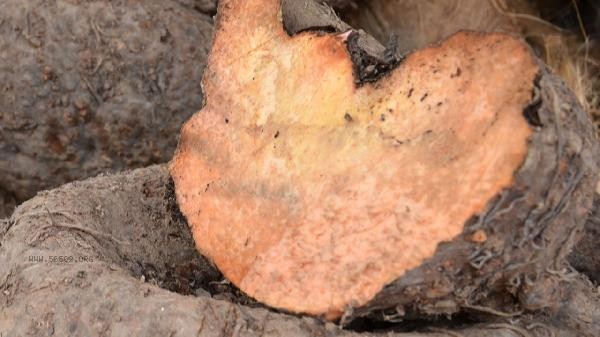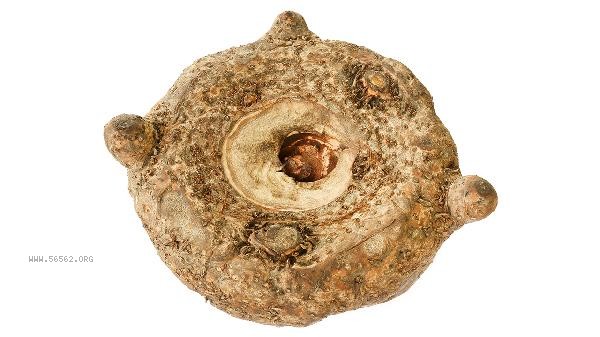During the production process of konjac jerky, it usually takes 5-8 kilograms of fresh konjac to sun dry 1 kilogram of konjac jerky. The specific proportion is affected by factors such as konjac variety, moisture content, slice thickness, and drying conditions. Fresh konjac has a moisture content of over 90%. After cleaning, peeling, and slicing, it needs to be repeatedly rinsed to remove irritating substances such as alkaloids. Traditional air drying requires selecting a ventilated and dry environment, spreading thin konjac slices and regularly flipping them to avoid mold growth. Modern technology may use low-temperature drying technology to shorten processing time, but the temperature needs to be controlled not to exceed 60 degrees Celsius to preserve the active ingredients of glucomannan. Some special varieties of konjac, such as konjac, have a higher solid content, which may increase the yield under the same conditions. If thick cutting or shade drying methods are used, the decrease in water evaporation efficiency will lead to an increase in the required raw materials. insufficient alkali removal or incomplete drying during the processing may affect the safety and storage life of the finished product.

For homemade konjac jerky, it is recommended to choose fresh and plump konjac tubers. Before processing, gloves should be worn to prevent skin contact with mucous allergies. The finished product should be sealed and stored away from light, and the recommended daily consumption should be controlled within 50 grams. Dried konjac is rich in soluble dietary fiber and is suitable as a meal replacement food, but those with weaker gastrointestinal function need to gradually adapt to the intake. If there is discomfort such as bloating, warm water can be used to help expand and digest dietary fiber.










Comments (0)
Leave a Comment
No comments yet
Be the first to share your thoughts!